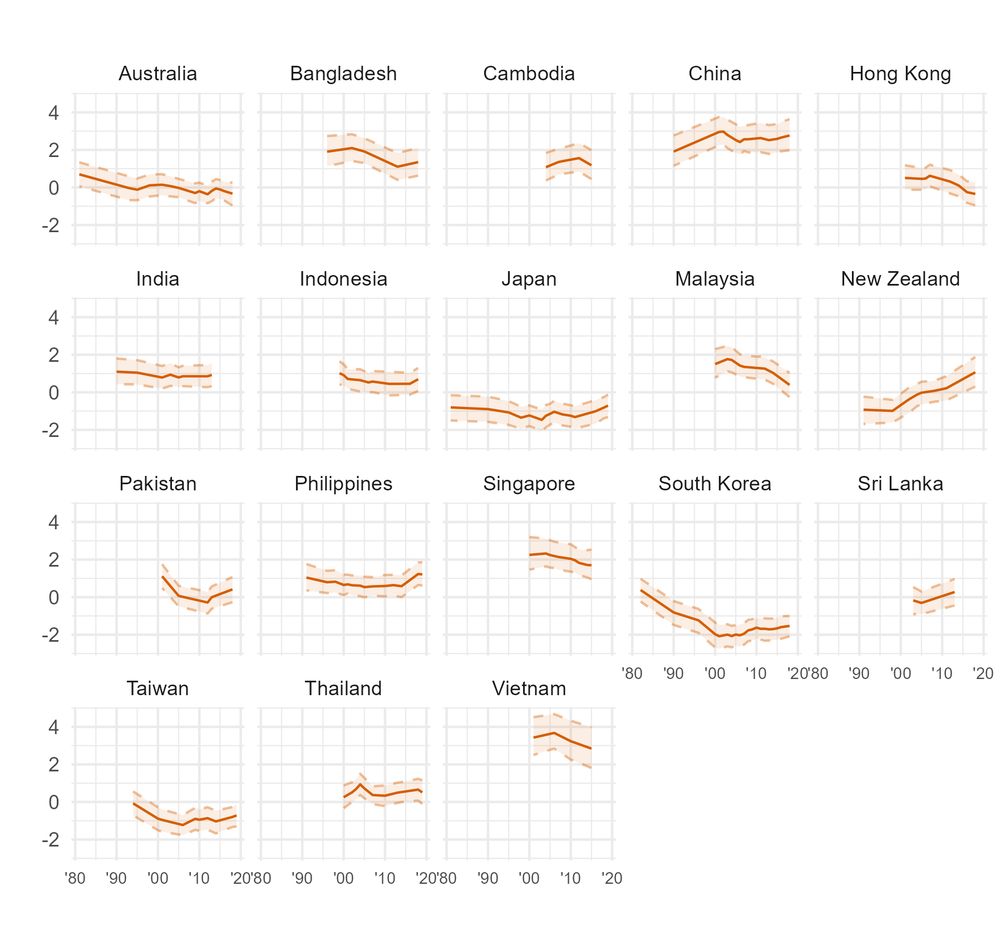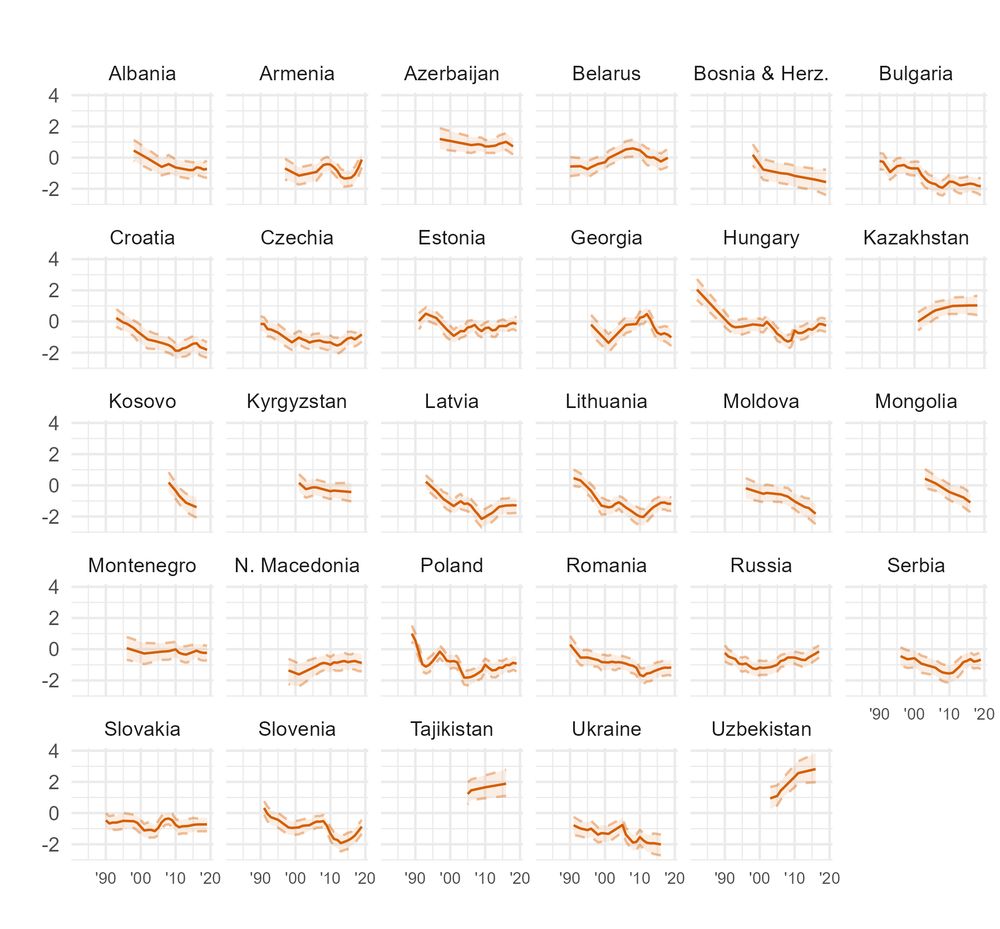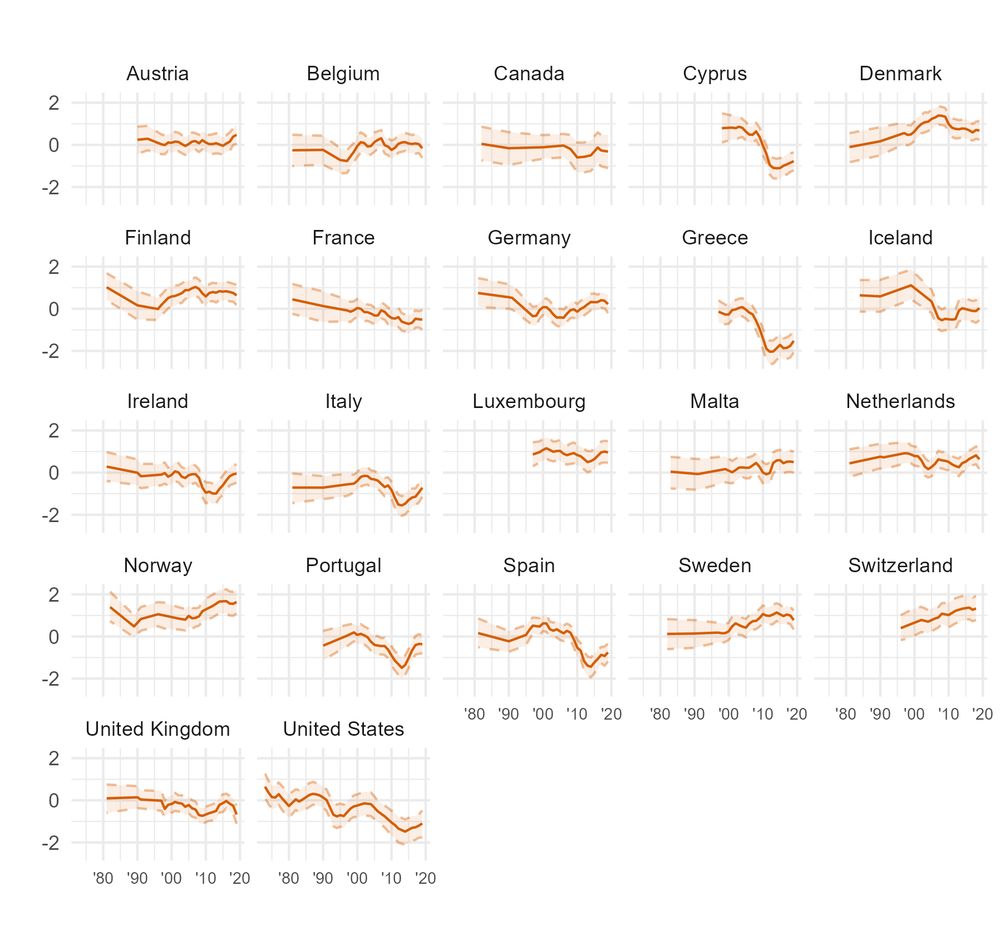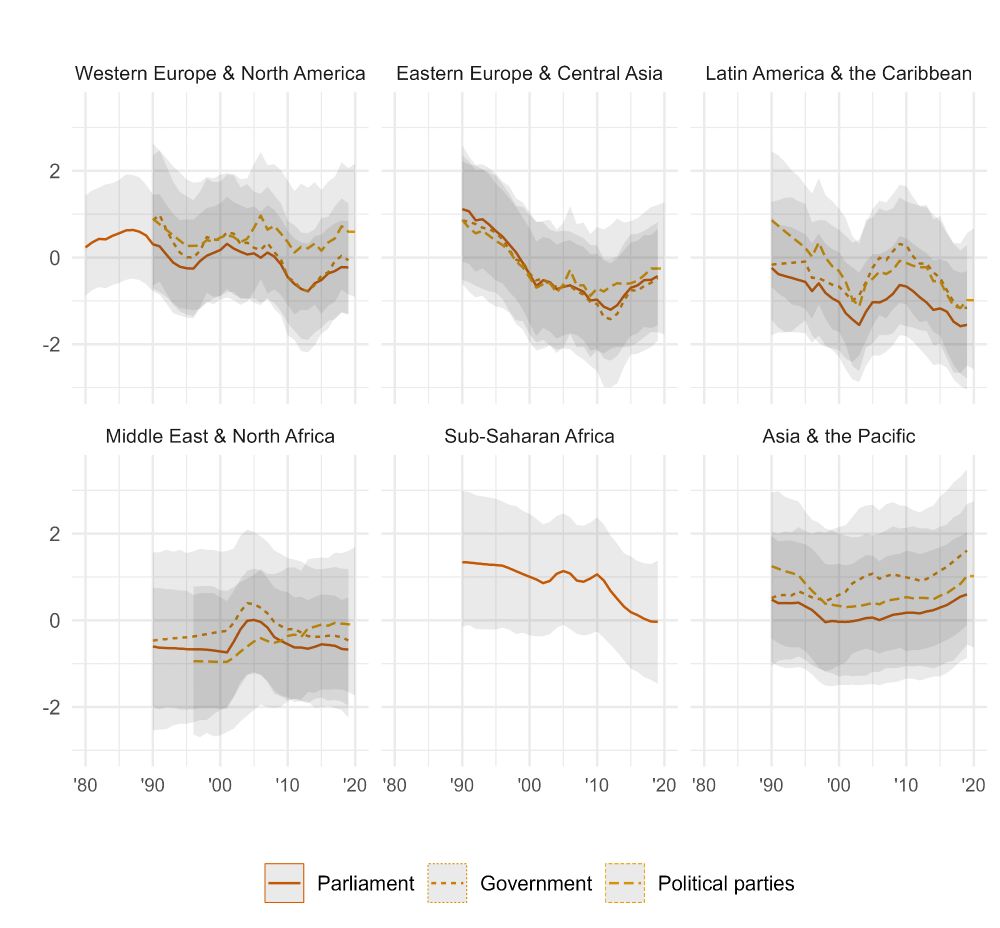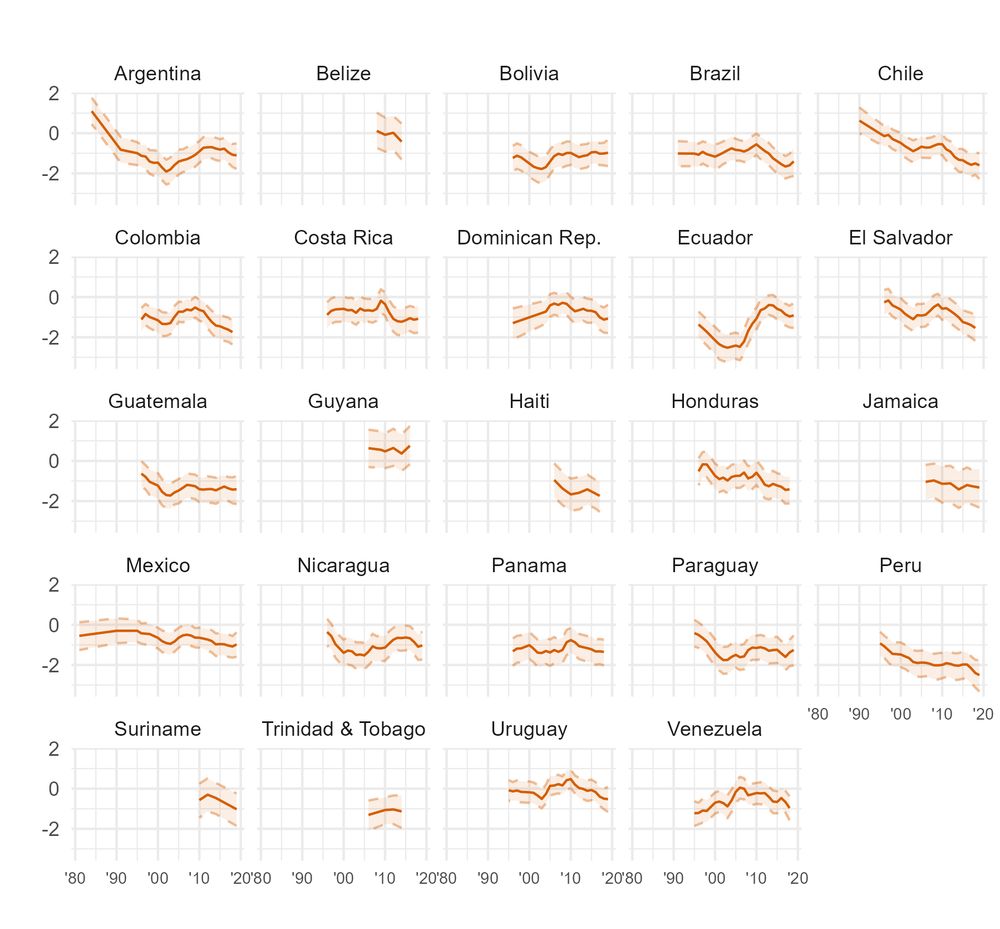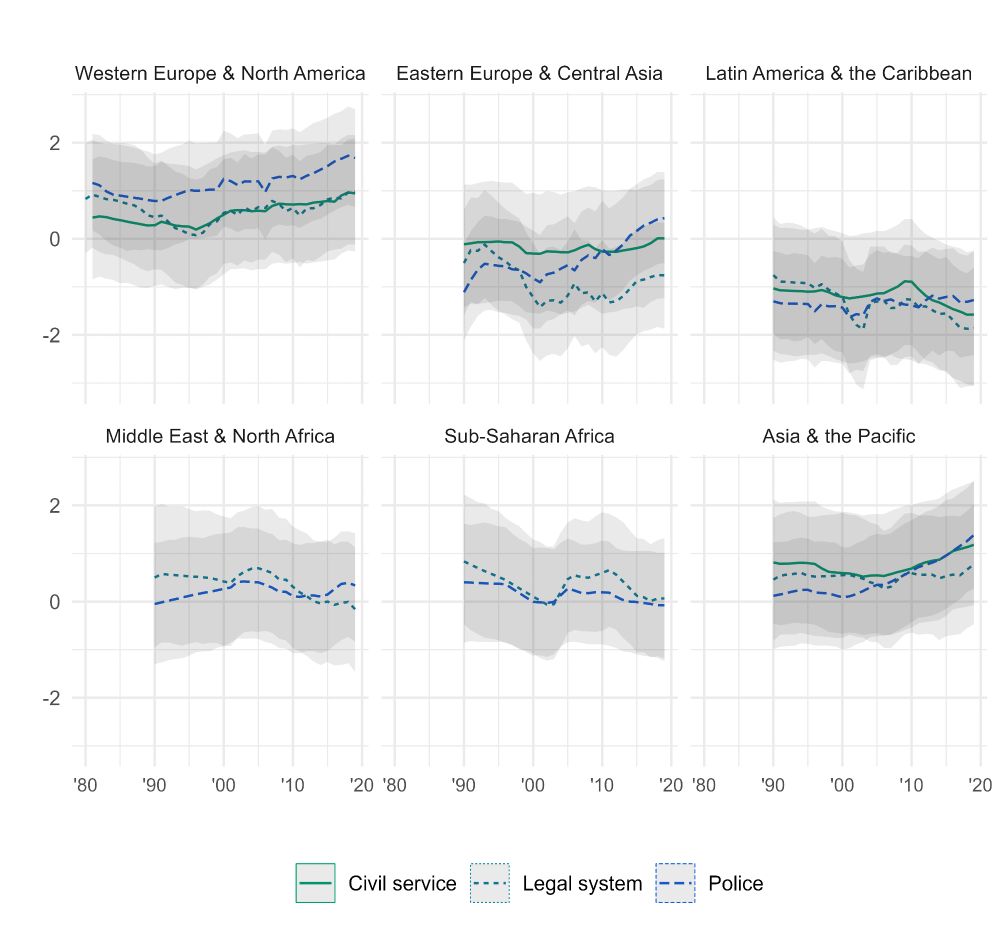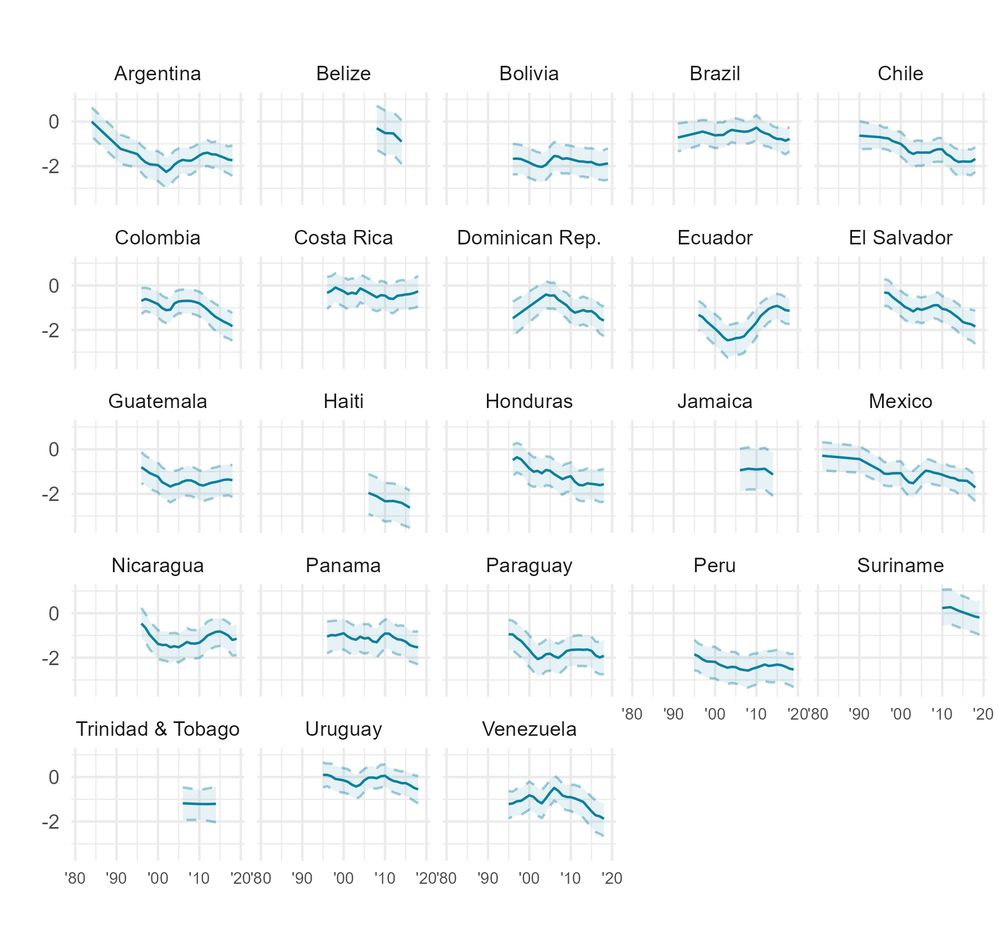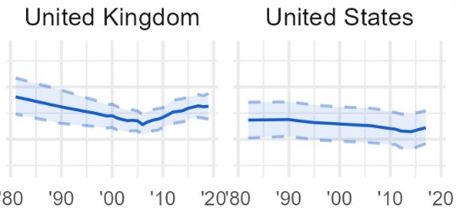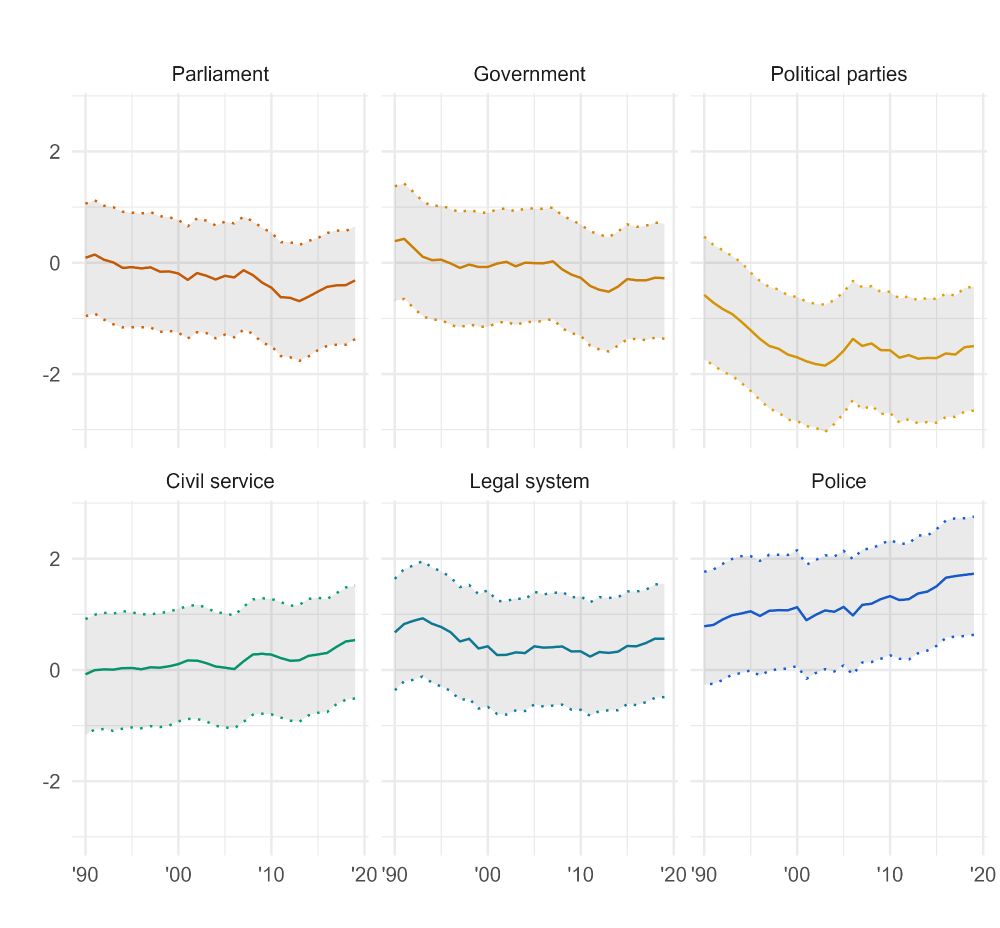Thanks for reading! Find the full paper and SI here: doi.org/10.1017/S000...
Thanks for reading! Find the full paper and SI here: doi.org/10.1017/S000...
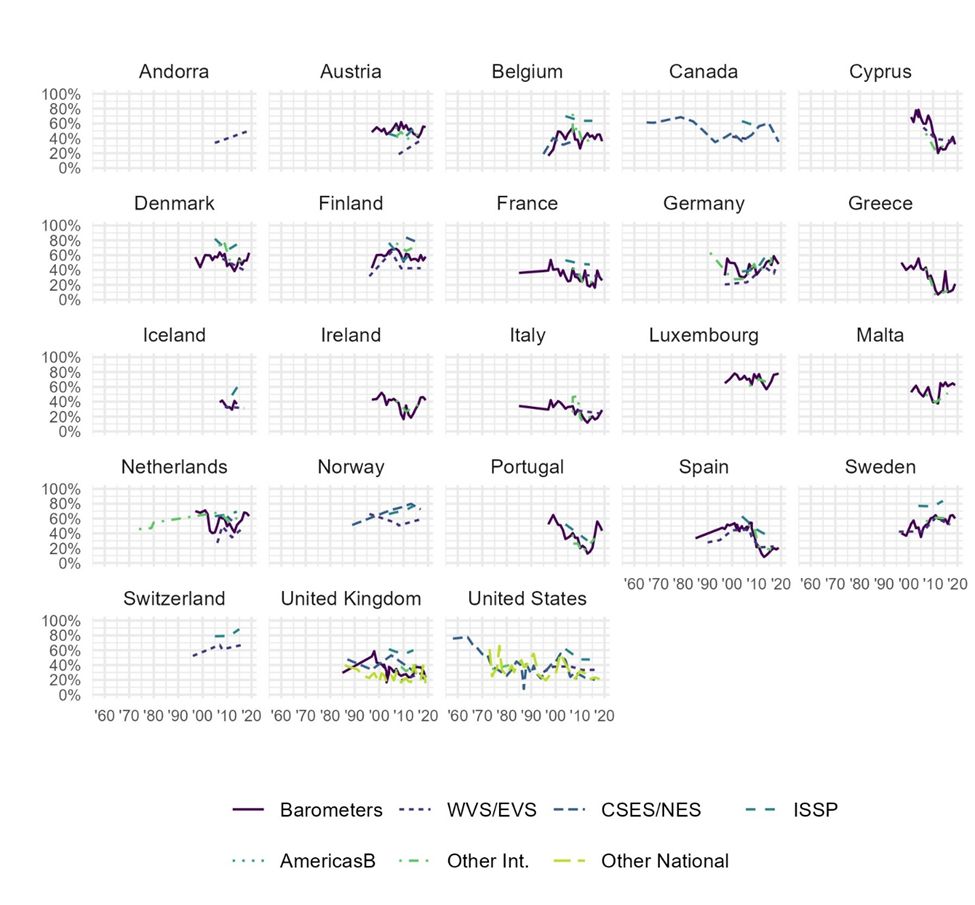
There you can find the cleaner graphs shared above; descriptive trends; results from Stimson's method; MLMs; information on weighting and scales and more (nerd-)fascinating stuff!
There you can find the cleaner graphs shared above; descriptive trends; results from Stimson's method; MLMs; information on weighting and scales and more (nerd-)fascinating stuff!
